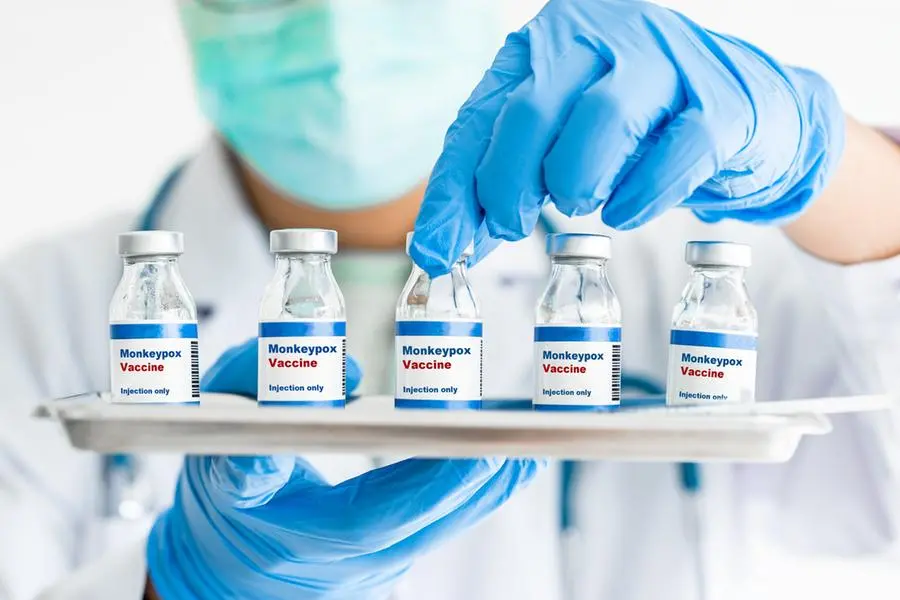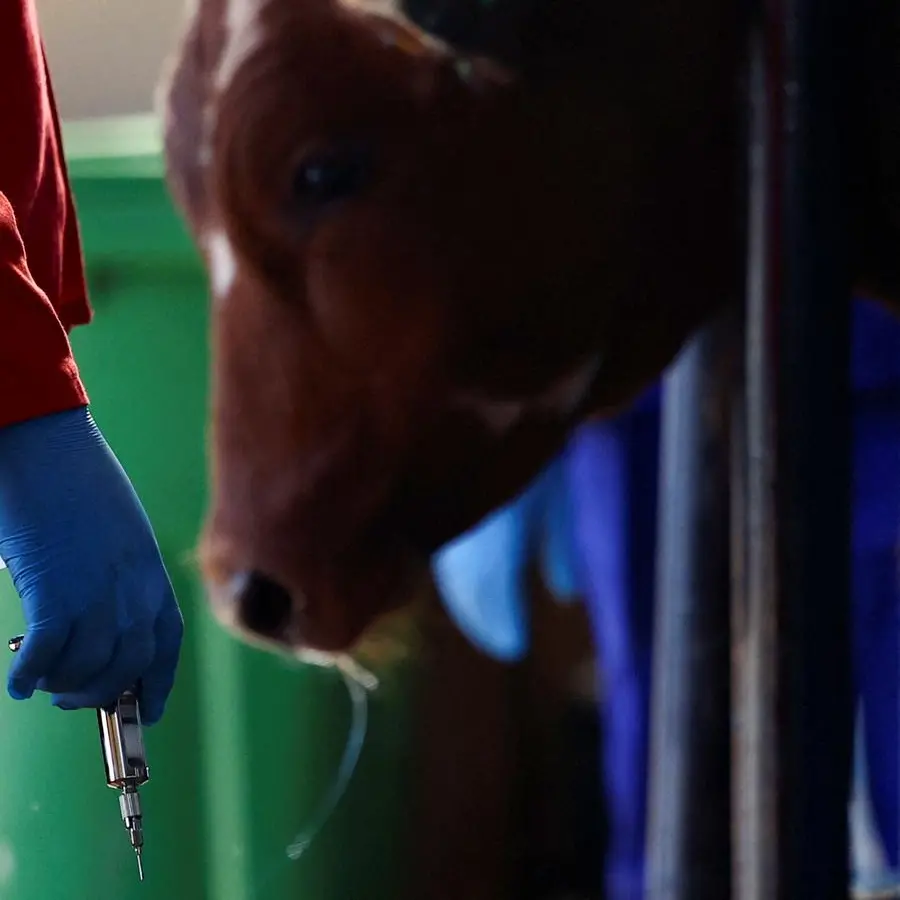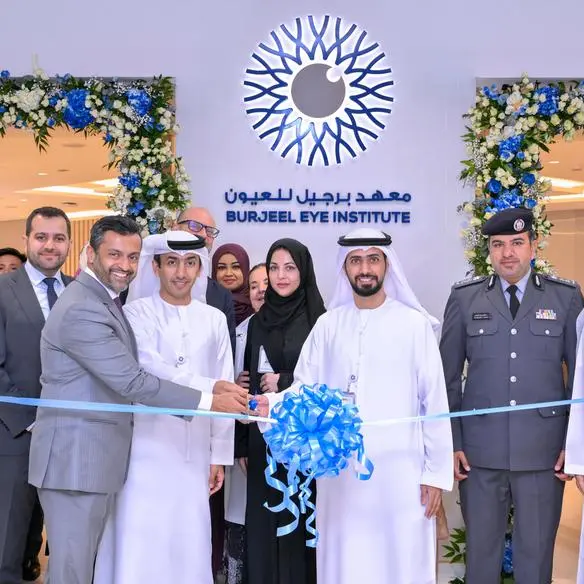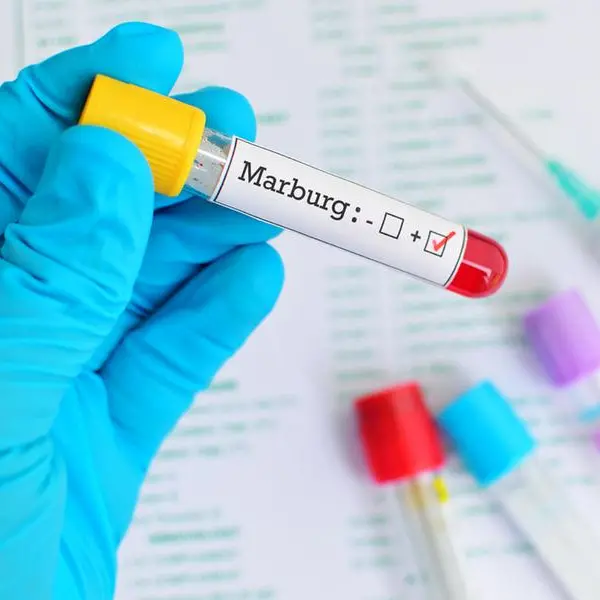PHOTO
New York: UNICEF has announced the issuance of an emergency tender for the procurement of monkeypox (mpox) vaccines. Vaccines are considered crucial in containing the mpox outbreak, which has been declared a public health emergency by both the Africa Centres for Disease Control and Prevention (Africa CDC) and the World Health Organisation (WHO).
The UNICEF tender aims to secure mpox vaccines for the most affected countries, in collaboration with Africa CDC, Gavi, the Vaccine Alliance, WHO, the Pan American Health Organisation, and other partners. This joint effort includes facilitating vaccine donations from existing stockpiles in high-income countries to help curb the ongoing transmission of mpox.
Under the emergency tender, UNICEF will establish conditional supply agreements with vaccine manufacturers, enabling the organisation to purchase and distribute vaccines swiftly once countries and partners have secured financing, confirmed demand and readiness, and met regulatory requirements for vaccine acceptance. WHO is currently reviewing information submitted by manufacturers on August 23, with the Emergency Use Listing review expected to be completed by mid-September.
This year, the Democratic Republic of the Congo, the epicentre of the crisis, has reported more than 18,000 suspected cases of mpox, including 629 deaths, with four out of five fatalities occurring in children.
"Addressing the current mpox vaccine shortage and delivering vaccines to communities in need is of paramount importance. There is also an urgent need for a universal and transparent allocation mechanism to ensure equitable access to mpox vaccines," said Leila Pakkala, Director of UNICEF's Supply Division.
The emergency tender is designed not only to secure immediate access to mpox vaccines but also to expand production. Depending on demand, manufacturers' production capacity, and funding, agreements for up to 12 million doses through 2025 may be established.
Vaccines are just one of several tools used to interrupt transmission and protect communities against mpox. Africa CDC, Gavi, UNICEF, WHO, and partners are also prioritising infection prevention and control, risk communication, and community engagement. UNICEF is deploying personal protection equipment, diagnostic tests, medical treatment kits, hygiene supplies, and tents to countries on the frontline of the crisis, supporting a range of medical countermeasures, including treatment, case isolation, and surveillance.
© Muscat Media Group Provided by SyndiGate Media Inc. (Syndigate.info).





















